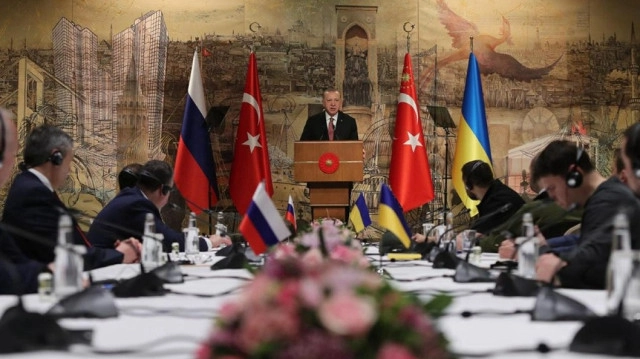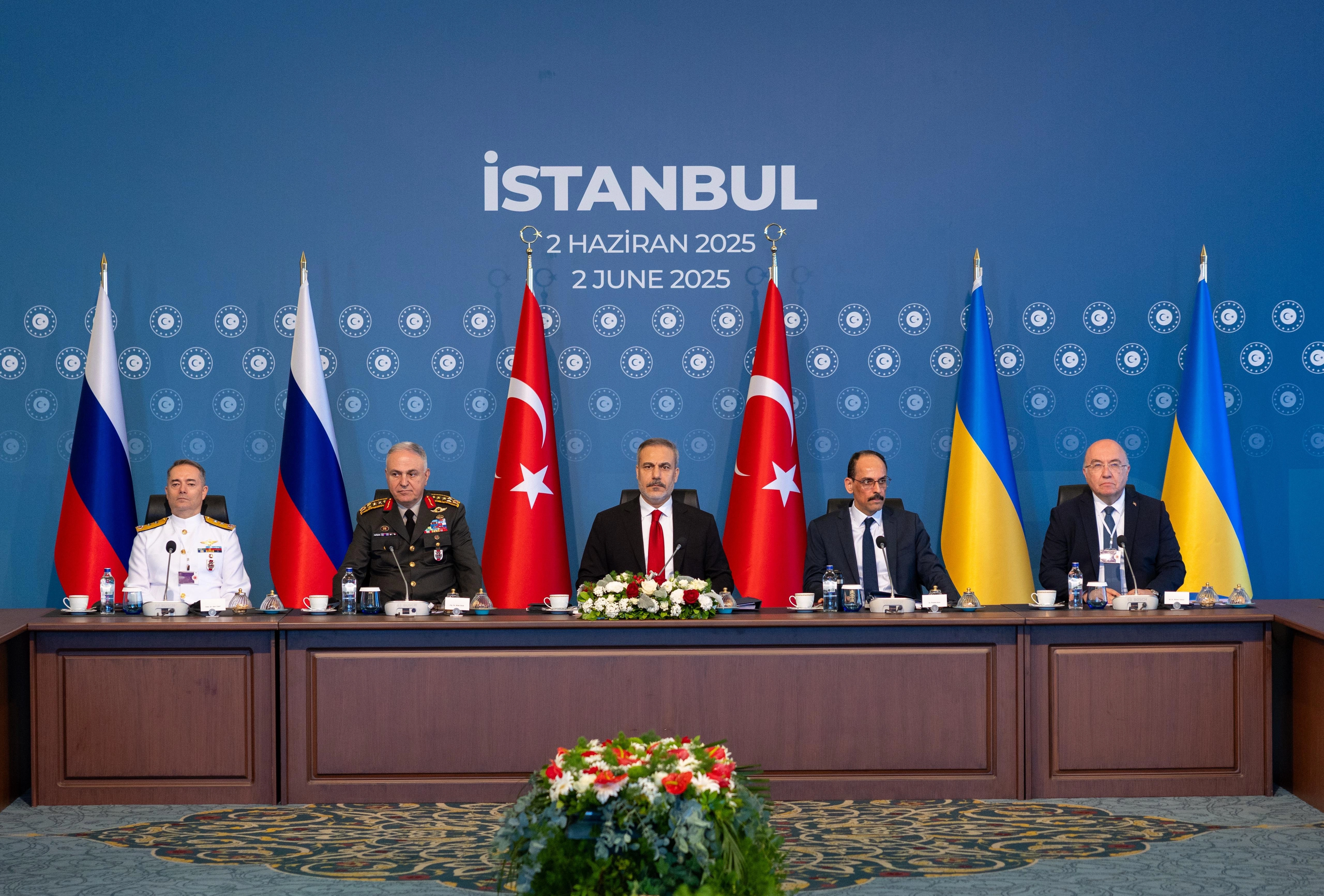Russia and Ukraine Set for Third Round of Talks in Istanbul: What to Expect
As the war between Russia and Ukraine continues to escalate, the world watches anxiously for any sign of a diplomatic breakthrough. The announcement of a third round of peace talks in Istanbul raises several critical questions: What will be discussed? Why is Istanbul the chosen venue? How might these talks influence the trajectory of the conflict? This article delves into the significance of these negotiations, the challenges faced, and the potential outcomes.
The Significance of the Third Round of Talks
The upcoming talks mark a crucial juncture in the Russia-Ukraine conflict. Previous rounds of negotiations, held in Belarus, yielded little progress, with both sides remaining entrenched in their positions. However, the shift to Istanbul—a neutral and strategically significant location—suggests a renewed effort to find common ground. Turkey, as the host, has positioned itself as a mediator, leveraging its relationships with both Moscow and Kyiv.
Real-world example: Turkey's role in facilitating dialogue mirrors its earlier mediation efforts in conflicts such as the Nagorno-Karabakh dispute between Armenia and Azerbaijan. This precedent highlights Istanbul's potential to foster productive discussions.
Key Issues on the Negotiating Table
The agenda for the talks is expected to cover several contentious issues:
- Ceasefire agreements: Establishing a temporary halt to hostilities to allow humanitarian aid.
- Territorial disputes: Addressing the status of Crimea and the Donbas region.
- Security guarantees: Ensuring Ukraine's sovereignty while addressing Russia's security concerns.
Each of these points is fraught with complexity. For instance, Ukraine has consistently demanded the withdrawal of Russian troops from all occupied territories, while Russia seeks guarantees that Ukraine will not join NATO—a red line for Moscow.

The Role of Turkey as a Mediator
Turkey's involvement is noteworthy for several reasons. As a NATO member with close ties to Ukraine, yet maintaining economic and diplomatic relations with Russia, Ankara is uniquely positioned to bridge the gap. President Recep Tayyip Erdogan has emphasized Turkey's readiness to facilitate dialogue, offering Istanbul as a neutral ground.
Practical application: Turkey's balanced approach could serve as a model for other nations seeking to mediate international conflicts without alienating either side.
Challenges and Roadblocks
Despite the optimism surrounding the talks, significant challenges remain:
- Trust deficit: Both sides have accused each other of violating previous agreements.
- Domestic pressures: Ukrainian and Russian leaders face internal opposition to concessions.
- External influences: The involvement of Western powers and their sanctions on Russia complicates the dynamics.
For example, Russia's insistence on its "special military operation" being a success makes it difficult to back down without losing face domestically.
Potential Outcomes and Global Implications
The possible results of the talks range from a temporary ceasefire to a more comprehensive peace deal. A successful negotiation could alleviate the humanitarian crisis in Ukraine and stabilize global markets, which have been rattled by the conflict. Conversely, a failure could lead to further escalation, with dire consequences for regional and global security.
Real-world example: The 2015 Minsk agreements, which aimed to resolve the Donbas conflict, illustrate how fragile such deals can be without robust enforcement mechanisms.
What’s Next for Russia and Ukraine?
As the world awaits the outcome of the Istanbul talks, the focus shifts to the long-term implications. Will this round of diplomacy pave the way for a lasting resolution, or will it be another missed opportunity? The answers to these questions will shape not only the future of Ukraine and Russia but also the geopolitical landscape of Europe and beyond.






